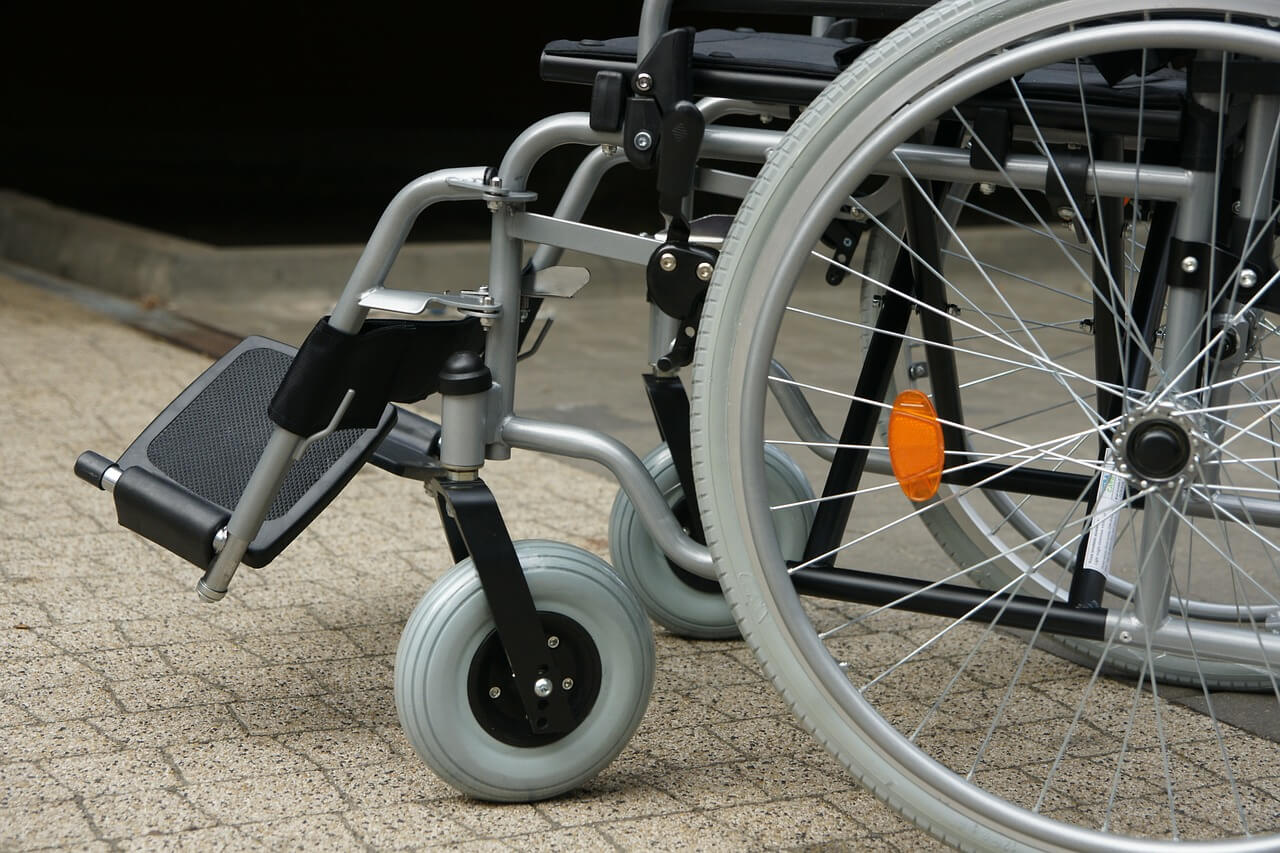Employers and insurers should take note of a West Virginia Supreme Court decision involving permanent total disability thresholds. In March 2017, the Court issued its decision in Cooper v. Appalachian Power Company, determining that the Rule 20 spine impairment tables must be used when calculating whole body medical impairment ratings in WV.
Rule 20 Spine Impairment Tables Should Be Used for Whole Body Medical Impairment Ratings in WV
WV Whole Body Medical Impairment Thresholds
The initial threshold for a permanent total disability (PTD) award in West Virginia requires a workers' compensation claimant to have either 50% or more in permanent partial disability (PPD) awards or 35% or more in "scheduled" statutory awards for select severe injuries, such as the loss of an eye or the amputation of a limb. The second threshold to be eligible for consideration of a PTD award is that a claimant must have 50% or more whole body medical impairment.
The Facts of Cooper v. Appalachian Co.
In Cooper, the claimant was granted a total of 63% in PPD awards, so he met the first threshold for PTD consideration. However, the PTD Review Board obtained an independent medical evaluation (IME) by Dr. Marsha Bailey, who determined that the claimant had only 43% in whole body medical impairment. In making this determination, Dr. Bailey relied on the Rule 20 spine impairment tables in rating both lumbar and cervical spine impairment. You can read more about the background of the Cooper v. Appalachian Power Company case in an earlier Jenkins Fenstermaker blog post by Henry Bowen.
The Office of Judges held that a new IME was necessary because Dr. Bailey should not have applied the Rule 20 spine impairment tables. The Workers' Compensation Board of Review reversed and reinstated the original denial of PTD benefits, holding that it was necessary to recalculate impairment under the Rule 20 spine impairment tables. Cooper naturally took the next step, which was to appeal to the West Virginia Supreme Court.
Rule 20 Spine Impairment Tables Must Be Used to Calculate Whole Body Medical Impairment Ratings in WV
In February 2017, the West Virginia Supreme Court held oral argument on the question of whether the Rule 20 spine impairment tables should be applied when calculating whole body medical impairment ratings in WV for purpose of a PTD application.
Ultimately, the Court found that the West Virginia statute and case law require the Rule 20 spine impairment tables to be applied to determine whole body impairment, even where the claimant's prior award(s) may not have been based on such tables and even where the claimant received higher awards than the Rule 20 tables would allow.
The Court's decision in Cooper is a significant victory for employers and insurers. In many, and perhaps most, instances, the impairment that comes from the Rule 20 spine impairment tables is lower than the impairment derived from the Range of Motion method in the AMA Guides to the Evaluation of Permanent Impairment, Fourth Edition. In other words, in most cases, the Cooper decision will make it more difficult for claimants to qualify for a PTD award when their application is based, in whole or in part, on one or more spine injuries.
Are You an Employer with Questions about Whole Body Medical Impairment Ratings in West Virginia?
If you have any questions about the proper application of Rule 20 spine impairment tables or whole body medical impairment ratings in West Virginia, please do not hesitate to contact Henry Bowen, Steven K. Wellman, or another experienced workers' compensation attorney at Jenkins Fenstermaker, PLLC. We have vast experience advising and representing West Virginia employers and carriers in workers' compensation claims. Contact us today by calling 866.617.4736, or by completing our Contact form.
This article should be considered advertising material, Steven K. Wellman, responsible attorney. This article is being provided for informational purposes only and should not be construed as legal advice pertaining to any particular situation or circumstance.


